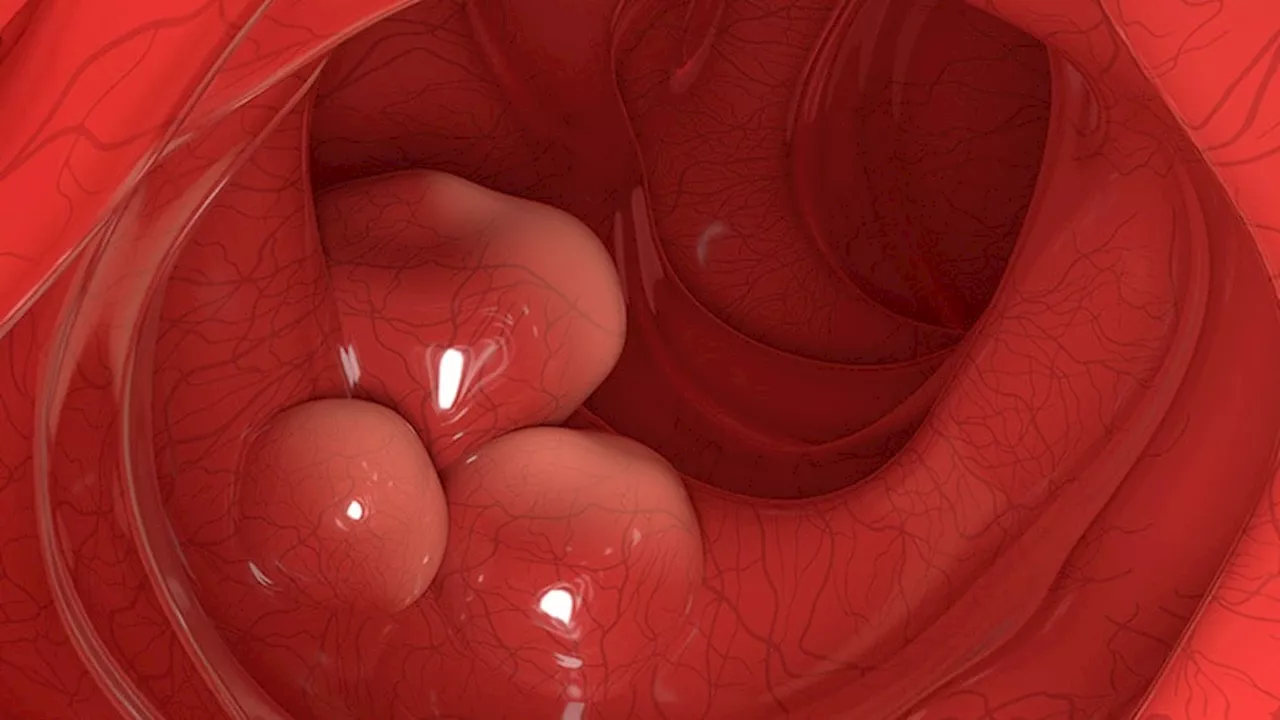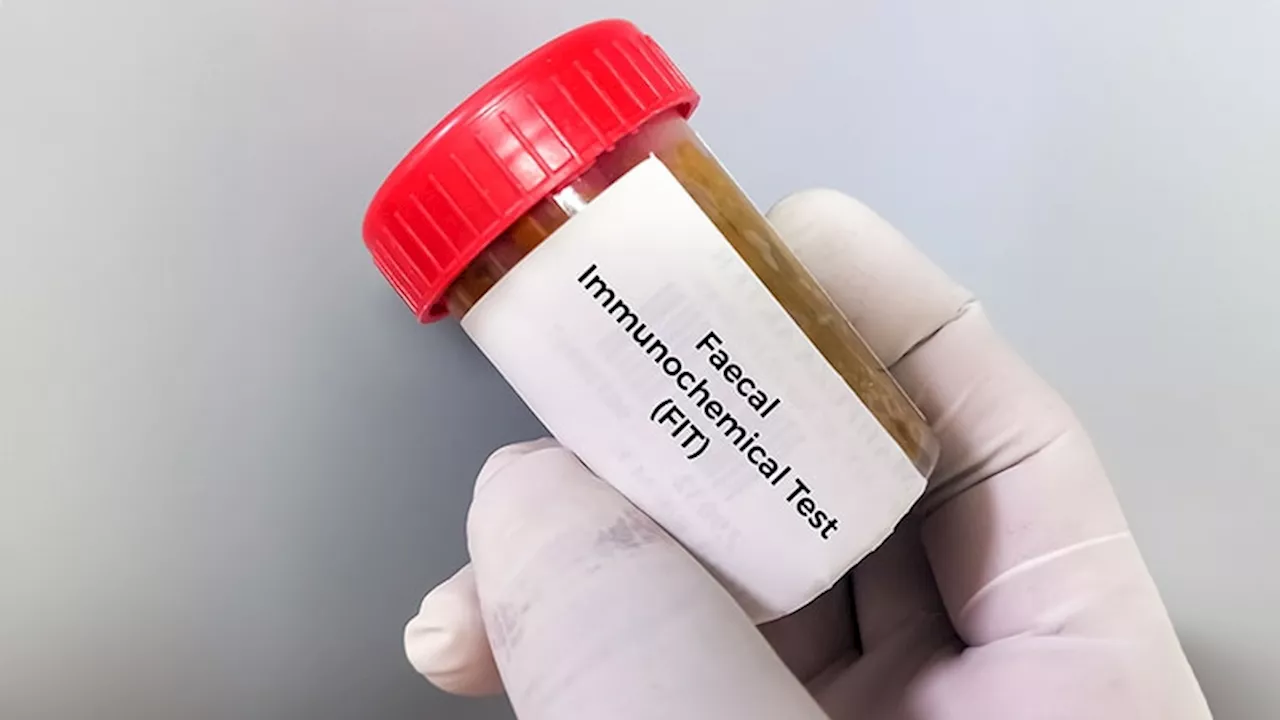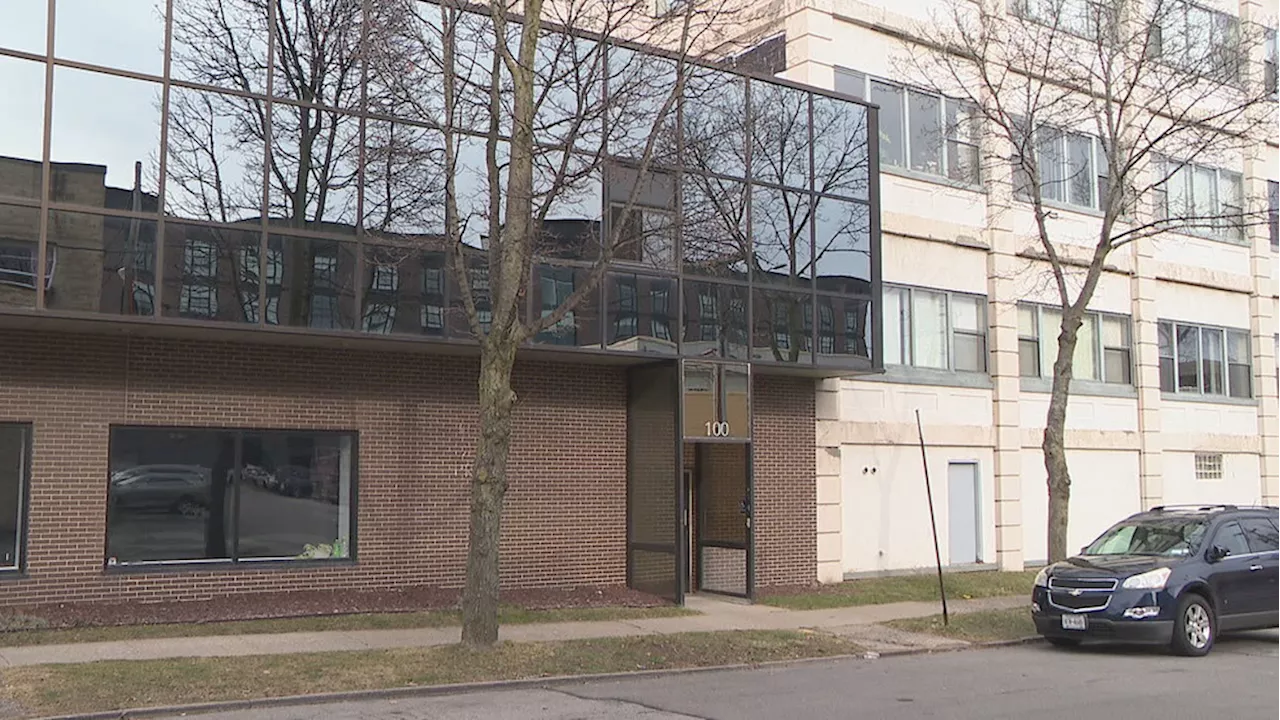Two weeks of antibiotics to eradicate the carcinogenic bacteria reduce the risk for CRC incidence and mortality, a new analysis suggested.
is associated with a higher risk for colorectal cancer incidence and CRC mortality, new data show; however, a 2-week course of antibiotics to eliminate the bacterial infection can reduce the risk of developing and dying from CRC.is a known cause of peptic ulcers and stomach cancer and has been classified as a group I carcinogen by the World Health Organization's International Agency for Research on Cancer.
Untreated patients had a 23% higher risk for CRC and a 40% higher risk for CRC mortality than treated individuals.infection vs no treatment was associated with a lower risk of developing and dying from CRC . For context, among individuals receiving a screening colonoscopy, the invasive test was associated with a 0.84%-1.22% absolute risk reduction in CRC incidence and a 0.15-0.30% absolute risk reduction in CRC mortality.
M. Alexander Otto is a physician assistant with a master's degree in medical science and a journalism degree from Newhouse. He is an award-winning medical journalist who worked for several major news outlets before joining Medscape Medical News. Alex is also an MIT Knight Science Journalism fellow. Email:CRC: Troubling Mortality Rates for a Preventable CancerAll material on this website is protected by copyright, Copyright © 1994-2024 by WebMD LLC.
Colorectal Cancer (CRC) Cancer Malignant Neoplasia Carcinoma Malignant Neoplasm Gastric Cancer Malignant Stomach Neoplasm Stomach Cancer Gastric Carcinoma Noncolorectal Gastrointestinal Cancer Noncolorectal Gi Cancer Gastrointestinal Malignancy Gi Malignancy Bacteria Bacterial Infection Antibiotics Health Administration Healthcare Administration
United States Latest News, United States Headlines
Similar News:You can also read news stories similar to this one that we have collected from other news sources.
 Cameron Community still in 'crisis mode' amid federal funding freeze over CRC allegationsCameron Community is one of 12 organizations still struggling after Monroe County froze federal dollars for a community outreach program.
Cameron Community still in 'crisis mode' amid federal funding freeze over CRC allegationsCameron Community is one of 12 organizations still struggling after Monroe County froze federal dollars for a community outreach program.
Read more »
 New CRC Risk Prediction Model Outperforms Polyp-Based ModelA comprehensive model that includes additional risk factors beyond previous polyp findings showed improved post-colonoscopy risk stratification for colorectal cancer.
New CRC Risk Prediction Model Outperforms Polyp-Based ModelA comprehensive model that includes additional risk factors beyond previous polyp findings showed improved post-colonoscopy risk stratification for colorectal cancer.
Read more »
 Gene Variants May Modify Diet-Attributable CRC RiskResearchers sought to identify the genetic factors that may contribute to higher CRC risk with intake of red meat, processed meat, and alcohol and lower risk with frequent fruit consumption.
Gene Variants May Modify Diet-Attributable CRC RiskResearchers sought to identify the genetic factors that may contribute to higher CRC risk with intake of red meat, processed meat, and alcohol and lower risk with frequent fruit consumption.
Read more »
 CRC: Next-Generation mt-sDNA Test Beats FIT for Sensitivity but Not SpecificityA next-generation multitarget stool DNA test for colorectal cancer screening had higher sensitivity but lower specificity than a currently available FIT, according to the large prospective BLUE-C study.
CRC: Next-Generation mt-sDNA Test Beats FIT for Sensitivity but Not SpecificityA next-generation multitarget stool DNA test for colorectal cancer screening had higher sensitivity but lower specificity than a currently available FIT, according to the large prospective BLUE-C study.
Read more »
 ESL Federal Credit Union files complaint on nonprofit being investigated by Monroe CountyThe ESL Federal Credit Union has filed a complaint against the Community Resource Collaborative (CRC).
ESL Federal Credit Union files complaint on nonprofit being investigated by Monroe CountyThe ESL Federal Credit Union has filed a complaint against the Community Resource Collaborative (CRC).
Read more »
 L.A. looks at eliminating up to 2,000 vacant positions as the city's budget outlook worsensCouncilmember Eunisses Hernandez voiced alarm at the proposal, saying the council needs to look at cutting police stafing and overtime costs
L.A. looks at eliminating up to 2,000 vacant positions as the city's budget outlook worsensCouncilmember Eunisses Hernandez voiced alarm at the proposal, saying the council needs to look at cutting police stafing and overtime costs
Read more »
